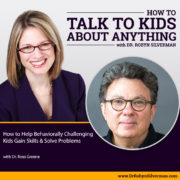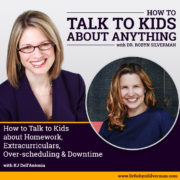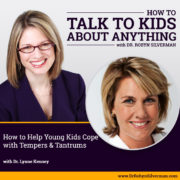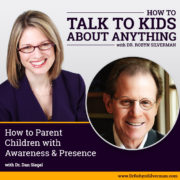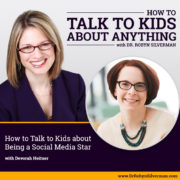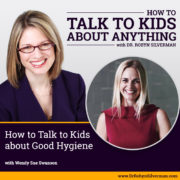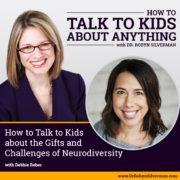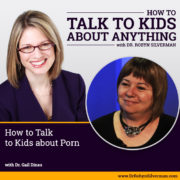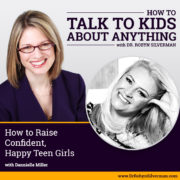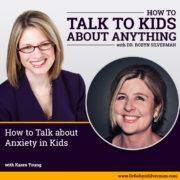How to Help Behaviorally-Challenging Kids Gain Skills & Solve Problems with Dr. Ross Greene
Dr. Ross Greene served on the faculty at Harvard Medical School for over 20 years, and is now adjunct Associate Professor in the Department of Psychology at Virginia Tech and adjunct Professor in the Faculty of Science at the University of Technology Sydney in Australia. He is the author of the influential, well-known best-selling books The Explosive Child and Lost at School as well as Raising Human Beings, Lost and Found and Lost in School and has helped to bring about an upcoming documentary called “The Kids We Lose.” He is a fierce and articulate advocate for the compassionate understanding and treatment of behaviorally challenging kids and their caregivers. Drawing upon vast clinical and consultation experience and research in the neurosciences, his innovative, research-based Collaborative & Proactive Solutions (CPS) approach – which posits that challenging behavior is the result of lagging skills (rather than lagging motivation) and emphasizes solving problems collaboratively (rather than use of motivational procedures) – has been implemented in countless families and hundreds of schools, inpatient units, and residential and juvenile detention facilities. The Collaborative & Proactive Solutions model helps parents, teachers, and kids work together to solve problems in a way that respects our kids while supporting them in improving their behavior. Dr. Greene is also the founder of Lives in the Balance, which aims to provide resources and programs to caregivers of behaviorally challenging kids, address the issues that cause many of these kids to slip through the cracks; and to promote practices that foster the better side of human nature in all children.

